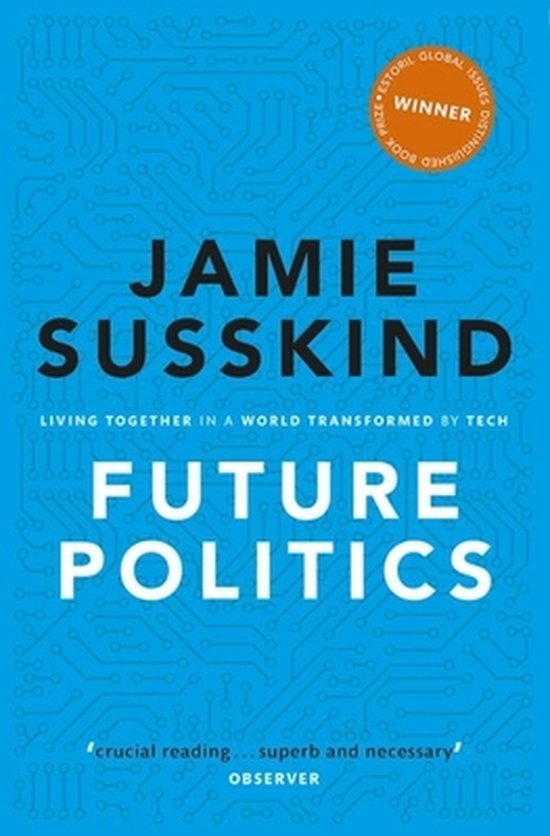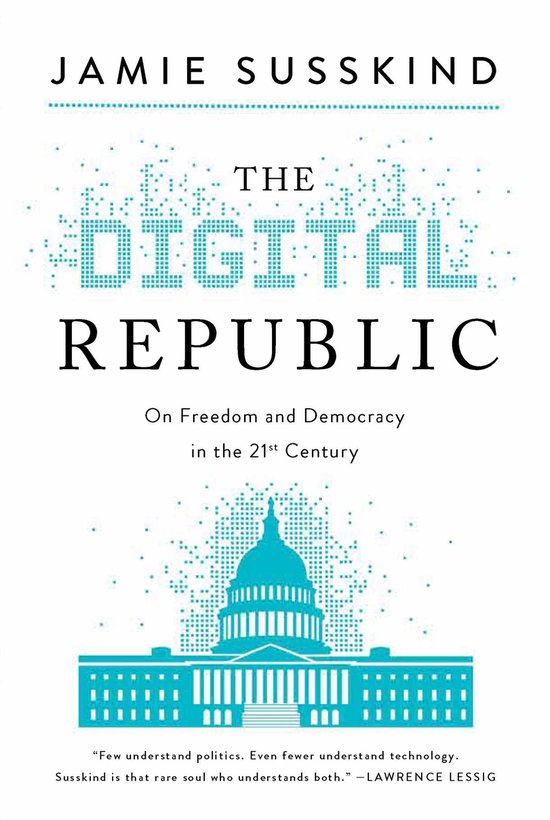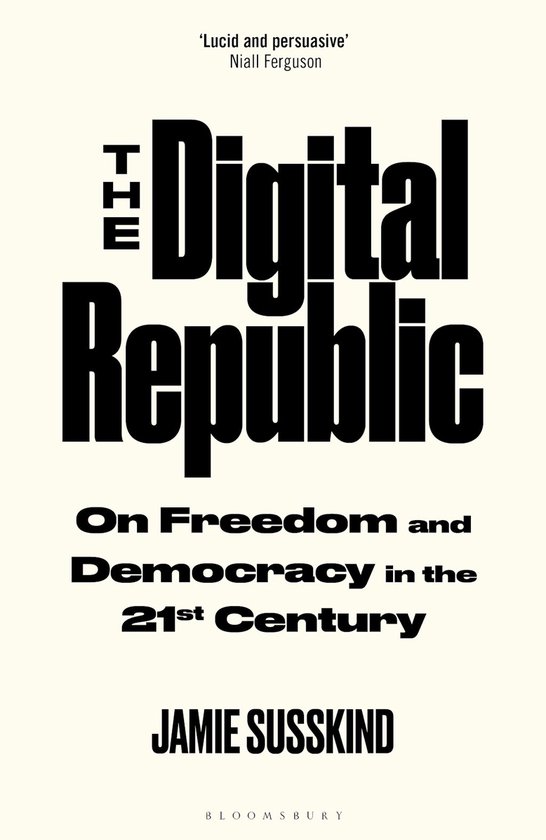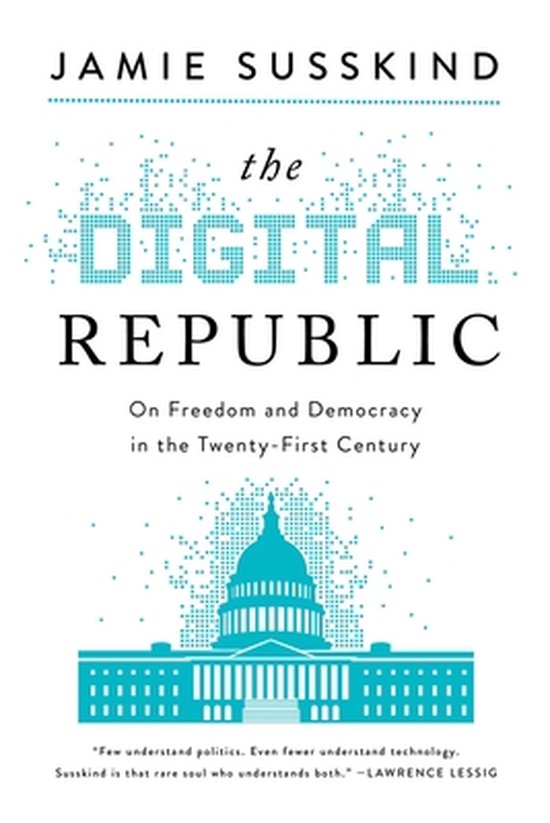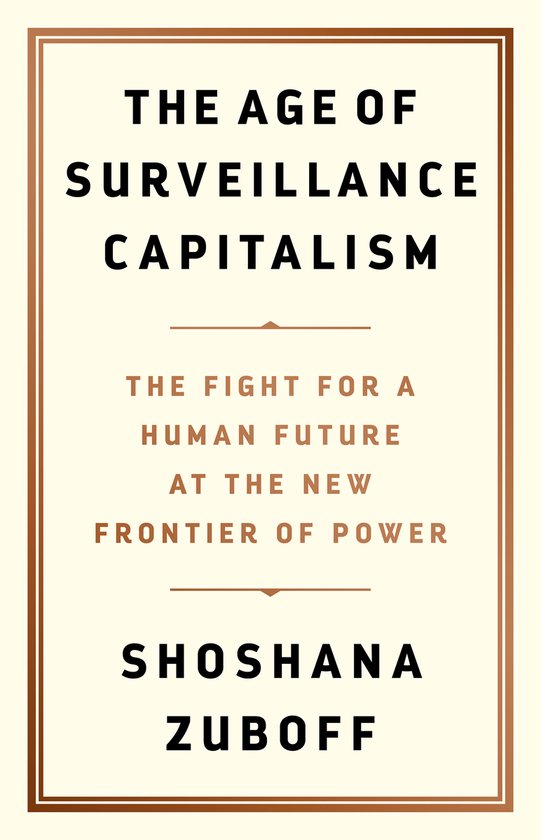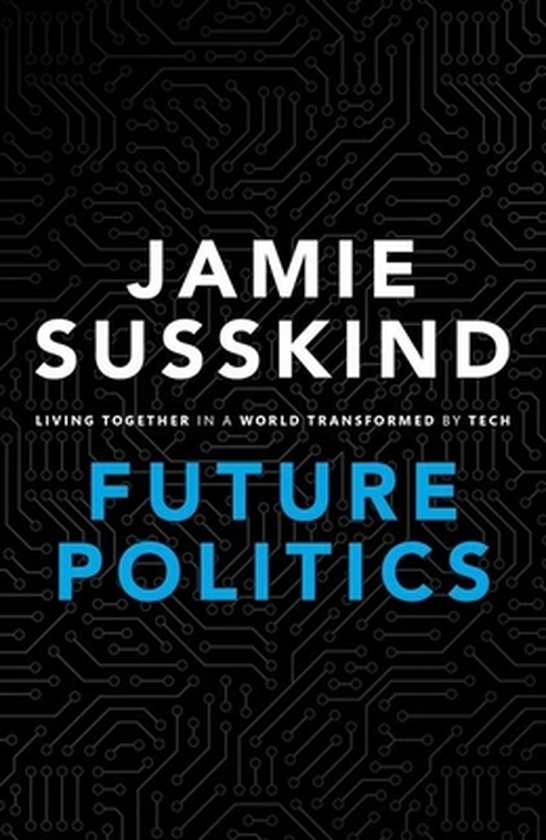
Future Politics
Future Politics confronts the most important question of our time: how will digital technology change society?
Future Politics confronts one of the most important questions of our time: how will digital technology transform politics and society? The great political debate of the last century was about how much of our collective life should be determined by the state and what should be left to the market and civil society. In the future, the question will be how far our lives should be directed and controlled by powerful digital systems - and on what terms? Jamie Susskind argues that rapid and relentless innovation in a range of technologies - from artificial intelligence to virtual reality - will transform the way we live together. Calling for a fundamental change in the way we think about politics, he describes a world in which certain technologies and platforms, and those who control them, come to hold great power over us. Some will gather data about our lives, causing us to avoid conduct perceived as shameful, sinful, or wrong. Others will filter our perception of the world, choosing what we know, shaping what we think, affecting how we feel, and guiding how we act. Still others will force us to behave certain ways, like self-driving cars that refuse to drive over the speed limit. Those who control these technologies - usually big tech firms and the state - will increasingly control us. They will set the limits of our liberty, decreeing what we may do and what is forbidden. Their algorithms will resolve vital questions of social justice, allocating social goods and sorting us into hierarchies of status and esteem. They will decide the future of democracy, causing it to flourish or decay. A groundbreaking work of political analysis, Future Politics challenges readers to rethink what it means to be free or equal, what it means to have power or property, what it means for a political system to be just or democratic, and proposes ways in which we can - and must - regain control.
Future Politics confronts one of the most important questions of our time: how will digital technology transform politics and society? The great political debate of the last century was about how much of our collective life should be determined by the state and what should be left to the market and civil society. In the future, the question will be how far our lives should be directed and controlled by powerful digital systems - and on what terms? Jamie Susskind argues that rapid and relentless innovation in a range of technologies - from artificial intelligence to virtual reality - will transform the way we live together. Calling for a fundamental change in the way we think about politics, he describes a world in which certain technologies and platforms, and those who control them, come to hold great power over us. Some will gather data about our lives, causing us to avoid conduct perceived as shameful, sinful, or wrong. Others will filter our perception of the world, choosing what we know, shaping what we think, affecting how we feel, and guiding how we act. Still others will force us to behave certain ways, like self-driving cars that refuse to drive over the speed limit. Those who control these technologies - usually big tech firms and the state - will increasingly control us. They will set the limits of our liberty, decreeing what we may do and what is forbidden. Their algorithms will resolve vital questions of social justice, allocating social goods and sorting us into hierarchies of status and esteem. They will decide the future of democracy, causing it to flourish or decay. A groundbreaking work of political analysis, Future Politics challenges readers to rethink what it means to be free or equal, what it means to have power or property, what it means for a political system to be just or democratic, and proposes ways in which we can - and must - regain control.
| Auteur | | Jamie Susskind |
| Taal | | Engels |
| Type | | Hardcover |
| Categorie | | Mens & Maatschappij |
